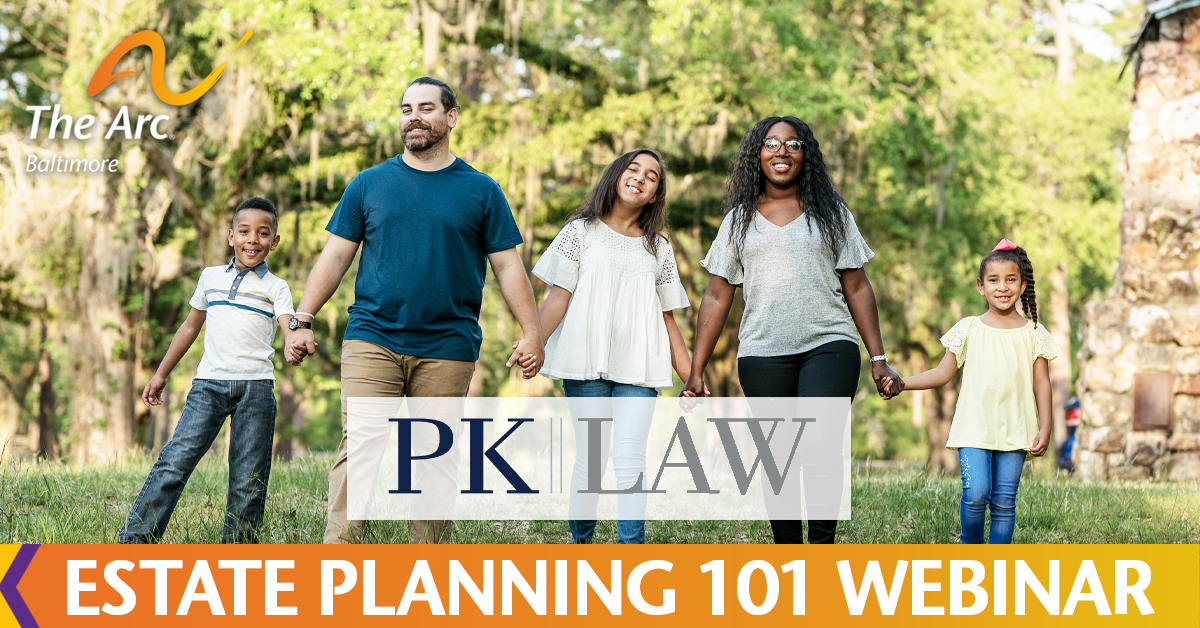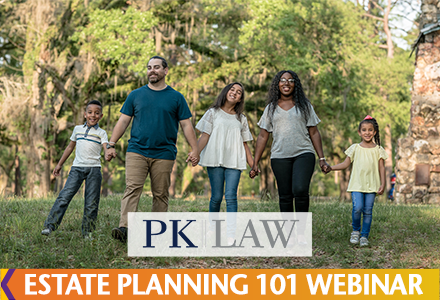
Moms Understand, The Arc’s peer support group for mothers, opened up to guests for a special presentation by Elizabeth Green, an Estate Planning Attorney with PK Law in June. She first began work in special needs trusts in the 90s and comes with broad experience based on the individual circumstances of each family she has advised. Following are some of the important points she shared:
Competency v. Lacking Capacity – Determining if Guardianship is Needed
Whenever it’s possible, we want people to have control over their decisions and resources. Many with developmental disabilities are capable of understanding and conversing about “who would get my stuff” when they die, or “who would I want to make decisions for me if I become incapable?” If the person can understand these basic concepts, it’s good to avoid guardianship. A guardianship takes away the person’s rights and there are other ways to provide protection. If circumstances change, guardianship can be arranged later in life, but it’s far more difficult to reverse guardianship and restore someone’s rights, so don’t do it unless the person truly lacks the capacity to make their own decisions.
Protecting Services and Planning for Future Needs
If a parent wants to leave their child with property or other assets in their will to help provide for future needs, it does not have to impact their eligibility to receive services. There are lots of options for how to handle it. One is a Special Needs Trust.
A Special Needs Trust is created as part of a will and is not funded until the parent or guardian passes away. It’s important to consider other children and not assume that a sibling will take care of their brother or sister without a dedicated trust. The sibling may have other life issues or experience financial losses that would affect their ability to care for their disabled sibling. By establishing a trust and naming a trustee(s), the funds are protected.
If a home is left to the child, it can be named in the trust for use by the child with disabilities, and funds for maintenance should be considered. Further, the will and trust can stipulate that upon the death of the child, the house can then be sold and the funds left to someone else or donated to a charity.
ABLE Accounts Allow Smart Savings for the Future
Similar to 529 college savings plans, ABLE accounts allow a person with disabilities to have protected and protected savings and protect the person’s qualification for SSI, SSDI, or other benefits and services. The funds are not taxed, another advantage, and can be comprised of their own savings or gifts to the account. There are many advantages to an ABLE account and even if a person does not have much money at present to put into an ABLE account, setting it up is relatively easy and then it’s there when needed. For instance, if there is not a trust and a family member leaves a person with disabilities a bequest, those funds can go into the ABLE account and are protected.
If you wish to consult with an attorney and/or financial advisor about these options or others, they will have many questions for the adult with developmental disabilities and family members to help consider all the variables and to provide for a plan as well as the needed legal documents that will protect and safeguard all concerned. It is important to find an attorney and/or financial advisor who is experienced in this type of planning.
Contact Elizabeth Green at 410-769-6150 or egreen@pklaw.com. You can also find information on ABLE accounts at https://www.marylandable.org/.


